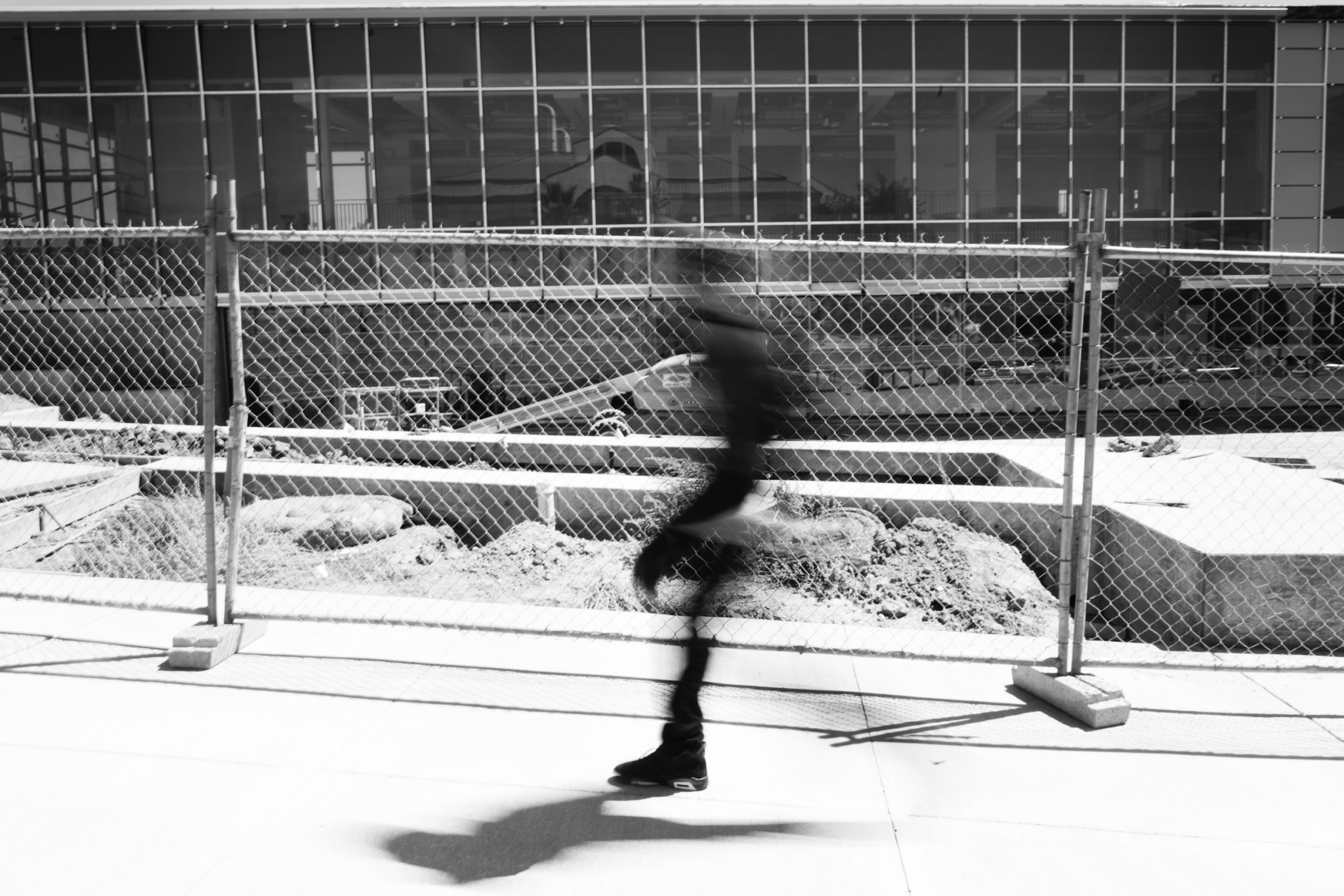By @ArionArmeniakos
On Sept. 28, the bill that would have allowed two Bay Area cities to turn up even later into the night was vetoed by Gov. Jerry Brown.
Oakland and San Francisco were included in Senate Bill 905, which would have permitted the select California cities to extend alcohol sales past 2 a.m. to 4 a.m. It’s called the Let Our Communities Adjust Late-Night Act, or LOCAL Act. The other cities in the bill: Sacramento, Los Angeles, West Hollywood, Long Beach, Palm Springs, Coachella and Cathedral City.
“I believe we have enough mischief from midnight to 2 a.m. without adding two more hours of mayhem,” said Brown in a letter explaining why he shut down Senator Scott Wiener’s proposal.
The extra two hours of alcohol sales could have been a significant boon to the nightlife scene. While the bill would have allowed cities to legally extend hours, it would not require it. For Oakland and San Francisco, the “early” last call perhaps keeps them from having the nightlife reputation of New York or Miami.
The Bay Area is already well renowned for its culture, prestigious sports franchises and breathtaking sights, but the approval of the State Bill 905 would have given Oakland and San Francisco the same advantages as other metropolises. Most major cities in the country already have their nightlife hours open until 4 a.m.
Proponents for the bill pointed to the job opportunities it would have created and the economic bonus from the longer hours of operation. The mayors of the selected cities, bar owners, nightlife representatives and independent business organizations such as Uber and Lyft all expressed their full support of the LOCAL Act.
Following the veto, Wiener expressed his disappointment Brown’s decision in an official statement claiming that the 2 a.m. limit is a “bad leftover policy from over a century ago” and reported that he would reintroduce the bill in 2019.
“It is a shame that we will continue to stifle our nightlife economy, but I remain committed to modernizing these outdated laws,” Wiener concluded.


